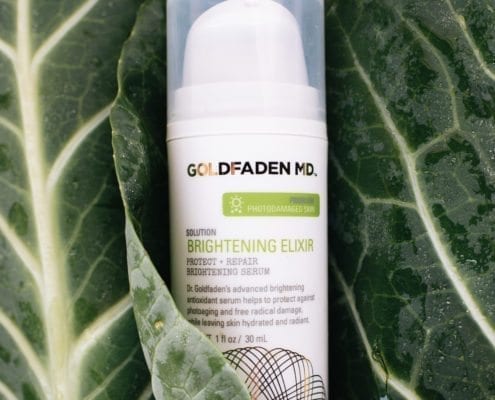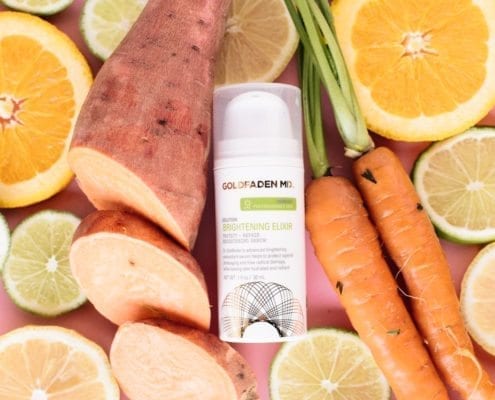Smack dab in the middle of autumn your skin goes haywire. Skin can be dry, flaky and sometimes itchy due to lack of hydration. Whether you are experiencing any of the above or not, ‘seasonal smart skincare’ is the way to go. With winter fast approaching and temperatures and humidity levels dropping, it is important to have your ‘winter regimen’ in place. Whether you live in a freezing cold climate or a mild balmy one, skin needs more hydration during the winter months. With just buy levitra odt spc a few minor adjustments and additions you will be able to ensure a dewy, glowing complexion all winter long.

Autumn truths
- Humidity levels drop during the winter
- Hot showers dry skin out
- Covering your face with a scarf will protect against environmental elements (wind, snow, sun)
- Oil is a friend to your skin
- Hydration after bathing is imperative to soft, healthy skin-
- Seasonal regimens makes sense- don’t be afraid to switch it up
Ideas to try
- Invest in a humidifier. Humidity levels drop during the winter months, thus drying out skin, eyes and hair. Add in artificial heat and you’re doomed. By adding humidity back into the air, you can reverse some of the damage. Cool vapor is the best bet to not only feeling better but looking better too. We recommend leaving it on all the time so that your home maintains an even level of humidity, but if tats not possible, at least sleep with it on!
- Try to introduce warm showers instead of steamy hot ones. If you’re thinking a hot shower will feel good after a brutally cold day, a good trick is to turn the shower on very hot and let the bathroom steam up. Then step inside the bathroom and get warm. Then turn the shower back down to a warm temperature.
- Staying hydrated from the inside out is also crucial. Make sure to increase your liquid ingestion during the winter. Think teas, juices, water and healthy soups.
- Always apply moisturizer to damp skin. Post bath or shower; try moisturizing your skin while still damp. This allows the skin to capture and seal in moisture.
- Take a look at your cleansing regimen. If you’re an exfoliation junkie particularly with physical scrubs, decrease the frequency during the winter. Instead try a chemical exfoliator once a week, like Fresh-A-Peel. On the other days try our gel-based cleanser, Pure Start. Pure Start contains just enough grapefruit exact to keep skin clean, balanced and soft.
- Switch up your serum. Trade your Vitamin C serum (which can be aggressive + drying) for a serum that also contains Ferulic Acid and Vitamin E (both hydrating). Our NEW launch Brightening Elixir delivers brightness, anti-pollution protection and hydration all in one.
Don’t forget to load up on hot + cool liquids, along with fruits with a high water content, as your body inside needs extra hydration too!


